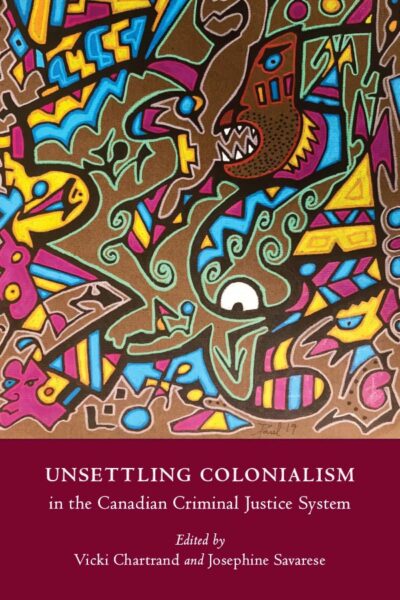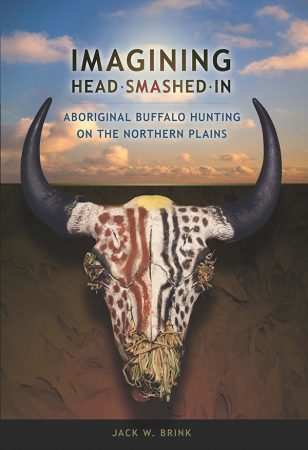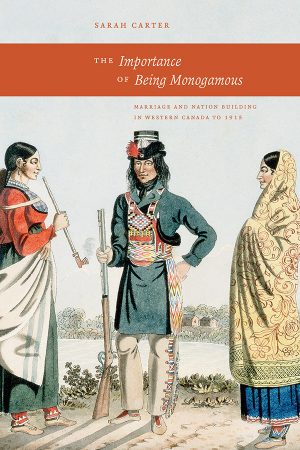Subjects: Indigenous Studies, Law
Imprint: AU Press
- 9781778290039 (paperback)
- 9781771993685 (pdf)
- 9781771993692 (epub)
Canada’s criminal justice system reinforces dominant relations of power and further entrenches the country in its colonial past. Through the mechanisms of surveillance, segregation, and containment, the criminal justice system ensures that Indigenous peoples remain in a state of economic deprivation, social isolation, and political subjection. By examining the ways in which the Canadian justice system continues to sanction overtly discriminatory and racist practices, the authors in this collection demonstrate clearly how historical patterns of privilege and domination are extended and reinforced.
Reviews
The chapters in this collection gesture towards a rehabilitative and abolitionist future, where Indigenous peoples and communities are respected. Scholars, students, and professionals working within criminal justice systems in settler states would do well to read this
collection closely, if nothing more than to provoke deeper thinking on their role and on the idea of justice and the function of the criminal system.”Harry Hobbs, JACANZS
Table of Contents
- Acknowledgements
- Introduction
- Human to Human: A Poem Written for Pamela George
Chevelle Malcolm - Part I. Settler Colonialism and Canadian Criminal Justice in Context
- 1. Memoryscapes: Canadian Chattel Slavery, Gaslighting, and Carceral Phantom Pain
Viviane Saleh-Hanna - 2. The Destruction of Families: Canadian Indian Residential Schools and the Refamilialization of Indigenous Children
Andrew Woolford - 3. Walking on a Settler Road: Days in the Life of Colonialism
Clint Augustine McIntosh - 4. Colonial Mythmaking in Canadian Police Museums on the Prairies
Kevin Walby and Justin Piché - 5. Original Savages Stands with the Wolves (Nolan Turcotte)
- 1. Memoryscapes: Canadian Chattel Slavery, Gaslighting, and Carceral Phantom Pain
- Part II. The Colonial Violence of Criminal Justice Operations
- 6. “You’re Reminded of Who You Are in Canada, Real Quick”: Racial Gendered Violence and the Politics of Redress
Carmela Murdocca - 7. Clearing the Plains Continues: Settler Justice and the “Accidental” Murder of Colten Boushie
David B. MacDonald - 8. Killing in the Name Of: Police Killings of Indigenous People in Canada
Jeff Shantz - 9. Elders in Prison and Cycles of Abuse
Paul Hachey - 10. Gendered Genocide: The Overincarceration of Indigenous Women and Girls
Pamela Palmater
- 6. “You’re Reminded of Who You Are in Canada, Real Quick”: Racial Gendered Violence and the Politics of Redress
- Part III. The Bureaucratic Trappings of Colonial Justice
- 11. Moral Culpability and Addiction: Sentencing Decisions Two Decades After R. v. Gladue
Gillian Balfour - 12. Cookie-Cutter Corrections: The Appearance of Scientific Rigour, the Assumption of Homogeneity, and the Fallacy of Division
Jeff Ewert - 13. To Be Treated as Human: Federally Sentenced Women and the Struggle for Human Rights
Kim Pate - 14. Earth and Spirit: Corrections Is Not Another Word for Healing
Charles Jamieson - 15. Shit: A Poem Dedicated to All Incarcerated Sisters
El Jones - 16. Incompatible or Congruent? Can Indigenous and Western Legal Systems Work Together?
Lorinda Riley
- 11. Moral Culpability and Addiction: Sentencing Decisions Two Decades After R. v. Gladue
- Part IV. Creative Resistances and Reimagining Settler-Colonial Justice
- 17. Countering the Legal Archive on the Death of Neil Stonechild: Analyzing David Garneau’s Evidence (2006) as an Aesthetic Archive
Josephine Savarese - 18. Ethics of Representation / Ethics and Representation: Dads Doin’ Time, Incarcerated Indigenous Writers, and the Public Gaze
Jillian Baker - 19. In the Name of the Native Brother and Sisterhood
James Delorme - 20. Spirit of the Stolen: MMIWG2S+ People and Indigenous Grassroots Organizing
Vicki Chartrand - 21. Critique’s Coloniality and Pluriversal Recognition: On the Care as the Ecological Ground of Justice
Mark Jackson
- 17. Countering the Legal Archive on the Death of Neil Stonechild: Analyzing David Garneau’s Evidence (2006) as an Aesthetic Archive
- Conclusion
- List of Contributors
This work is licensed under a Creative Commons License (CC BY-NC-ND 4.0). It may be reproduced for non-commercial purposes, provided that the original author is credited.



![[book cover] Trail of Story, Traveller’s Path](https://www.aupress.ca/app/uploads/120163_Trail-of-Story-cover-300x450.jpg)
